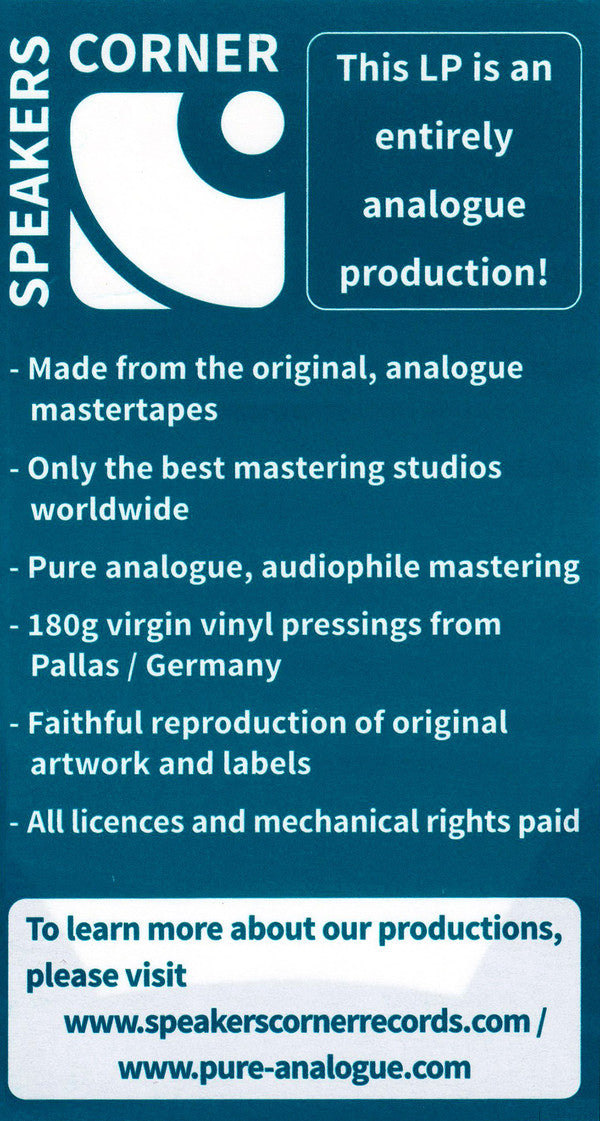paulfromcamden
Baffled
Music business accounting is beyond me but I thought this thread raised some interesting points. It hadn't occurred to me that some reissues are released without any input from the artist - or any royalties paid.
https://twitter.com/davidclowery/status/1548741130476552194
https://twitter.com/davidclowery/status/1548741130476552194


